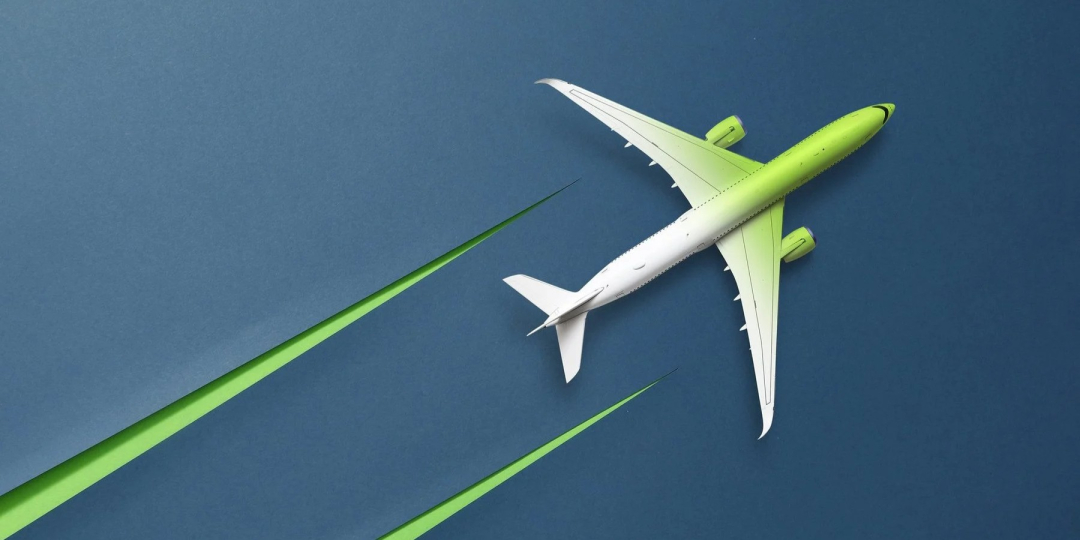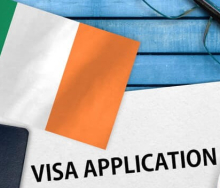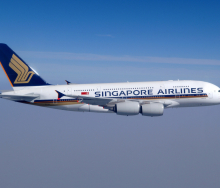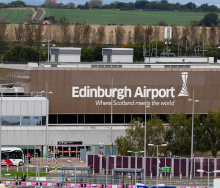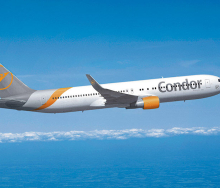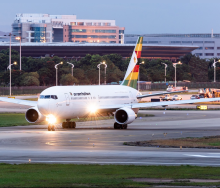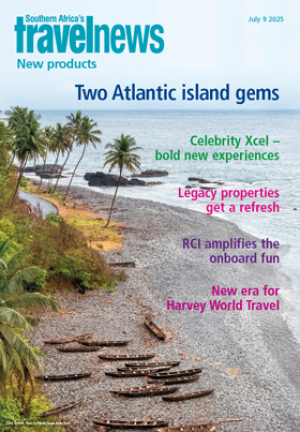The aviation industry's move toward decarbonisation through Sustainable Aviation Fuel (SAF) remains largely aspirational in South Africa, as lack of availability, infrastructure constraints and high costs continue to stall progress.
“SAF is such a critical talking point in global aviation’s path to decarbonisation – and we see it on the agenda at every conference and forum we attend,” Kirby Gordon, Chief Marketing Officer at FlySafair, told Travel News.
“Its role in the South African market is, for now, still largely theoretical rather than practical.”
Despite growing global momentum, Gordon said FlySafair had not committed to SAF use, not because of unwillingness but because of its absence from the local fuel supply chain.
“SAF is simply not available to us in any meaningful or consistent way through the current supply infrastructure.”
That infrastructure, comprising licensed fuel refiners and distributors who manage fuel storage and delivery through national airports, poses a significant barrier to downstream adoption.
Gordon believes the responsibility for progress must extend beyond airlines to include fuel producers, airports, government and regulators.
“As with many other markets, I think the biggest levers for SAF adoption lie not just with airlines, but across the value chain... Without upstream production and infrastructure investment, downstream uptake by airlines cannot meaningfully begin.”
Linden Birns, MD of aviation consultancy Plane Talking, agrees. “Even when it becomes permissible for all types of SAFs to be used without blending, uptake will still require the fuel to be available in the volumes required and at prices on a par with or cheaper than Jet-A1.”
Blending is a key technical constraint. Under international standards such as ASTM D7566 (the governing specification for SAF), SAF must currently be blended with conventional jet fuel at specific ratios, typically up to 50%, depending on the SAF production method.
“Blending SAF with Jet A-1 is considered a manufacturing process rather than a simple mixing operation,” explained Birns. “The resulting blend must undergo full laboratory certification to ensure it meets all jet fuel specifications before entering the supply chain.”
Globally, regions such as the US and Europe are incentivising SAF production and use. The US Inflation Reduction Act includes tax credits for SAF producers, while the EU has introduced blending mandates. Those measures, said Gordon, played an enabling role, but at a cost.
“These kinds of initiatives certainly help along the way, but they do leave policy makers the unenviable task of balancing the environmental mandate with the consequences of a more expensive cost base for air travel across the board (cargo and pax).”
And for South Africa, that price tag is daunting.
“The plain reality is that, across the world, the cost of SAF remains a significant barrier globally. Even in developed markets, SAF is significantly more expensive than conventional jet fuel. For a price-sensitive market like South Africa, these costs present a serious challenge in terms of affordability,” said Gordon.
“So there’s a question – not just whether SA airlines are ready for SAF, but are SA consumers and the SA economy ready for a SAF-fuelled world?”
Nonetheless, industry engagement is ongoing. “We totally recognise the importance of transitioning toward more sustainable operations and we are actively engaged in conversations across the industry to monitor developments.
“The good news is that there are daily movements in the right direction toward getting alternative fuels and energies to become sustainable options.”
Until then, for South Africa, SAF remains more concept than reality.
“In SA, without a reliable, cost-effective SAF supply in the local market, the path to adoption remains aspirational for now,” said Gordon.
